Quiz-bowl team takes first place at Wyoming Area tournament
The event qualifies the team for the national championship in Washington D.C.
On Saturday, February 23, the Greater Nanticoke Area Quiz Bowl team competed in several qualifying rounds against teams put forth by Wyoming Area to gain a 1st place victory by the end of the day, with the three highest-scoring students all originating from Nanticoke. Noah Krubitzer, Liam Carcieri, Gabe Jenceleski, William Kanjorski, and Andrew Stratton competed throughout the day, with Daniel Shevchenko contributing every other round. Maya Davison and Lance Jenson acted as reserve members for observation.
Nanticoke’s Quiz Bowl group has been running a successful but quiet season, having scored above the top third of teams in their last three events. History-specific games and questions have been their focus during practices and testing sessions, with a goal of national-level eligibility and competitiveness set in stone. After a 2018 inaugural campaign designed to familiarize the players with the Bowl’s format, the team competed in WVIA’s Scholastic Scrimmage televised series, progressing until it won the local bracket.
This has been Nanticoke’s second attempt at finishing in first place at this specific event, with last year’s team returning with a seventh-place victory at the conclusion. This time, five rotating players contended in a bowl format, with four of those students competing in a per-person History Bee round. In addition to scoring first in the overall bracket, the first three places in the History Bee category were also taken by Nanticoke students, with Krubitzer placing first, Carcieri second, and Kanjorski third.
The Nanticoke team hopes to return to the NAQT Nationals competition in Washington D.C. in April, and is excited to continue routine practice and testing in the meantime to prepare for more challenging questions and opponents. Each student has studied to specify in a particular area of history, with some players opting to work towards American history and others instead preferring European, Asian, or African history.

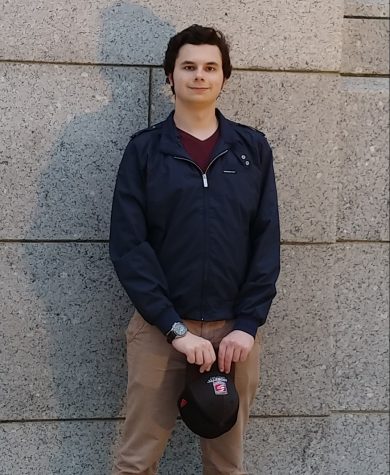
My name is Gabe Jenceleski, and I am a member of The GNA Insider staff! As a contributor to the paper, I have had the unique opportunity to be privy to...


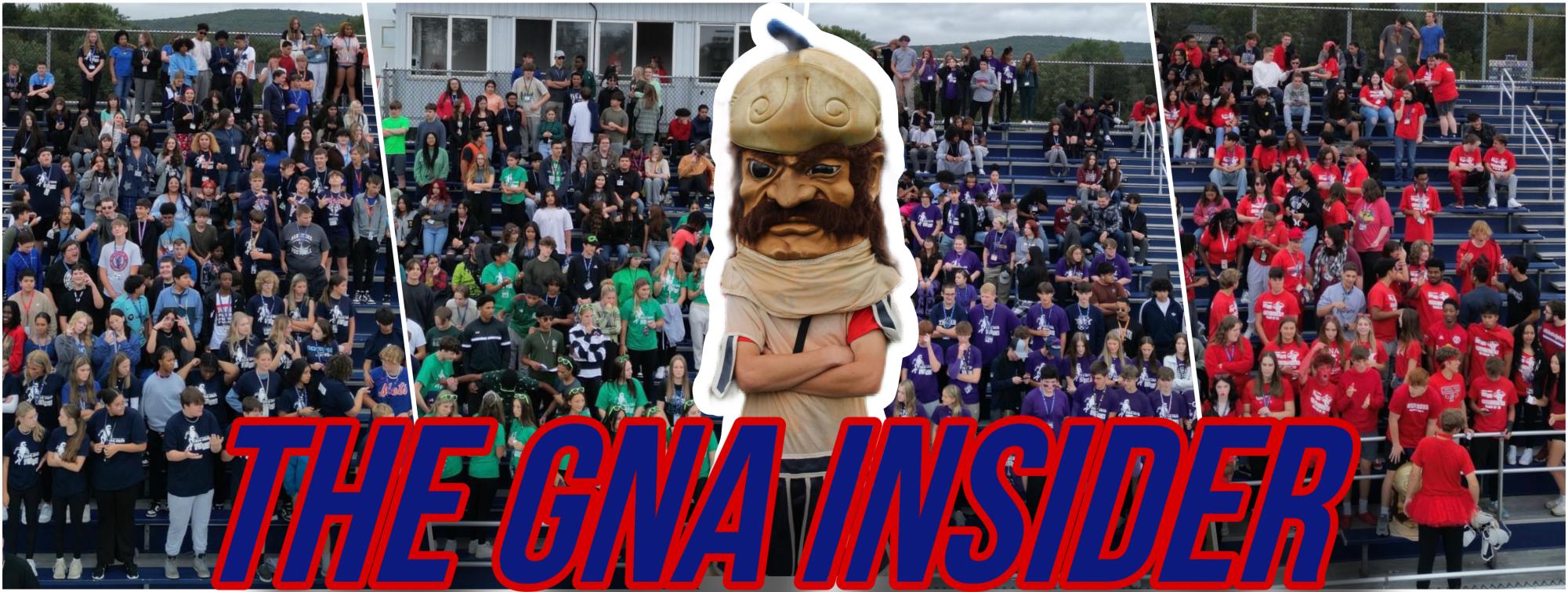

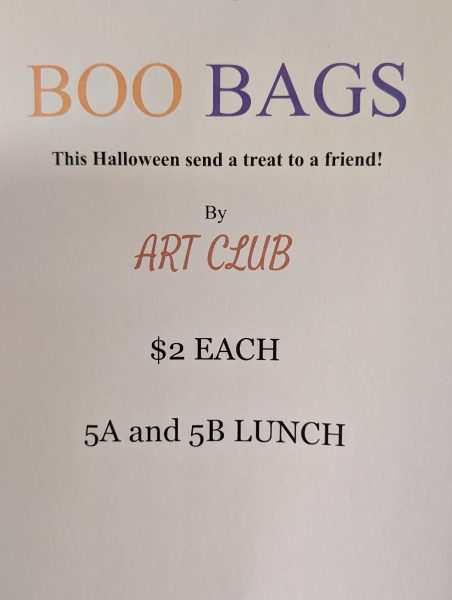
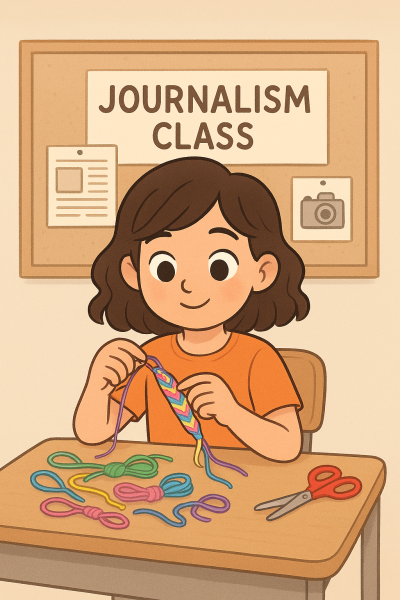

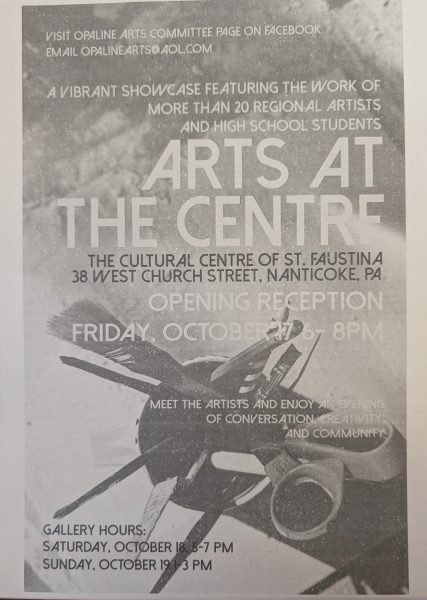

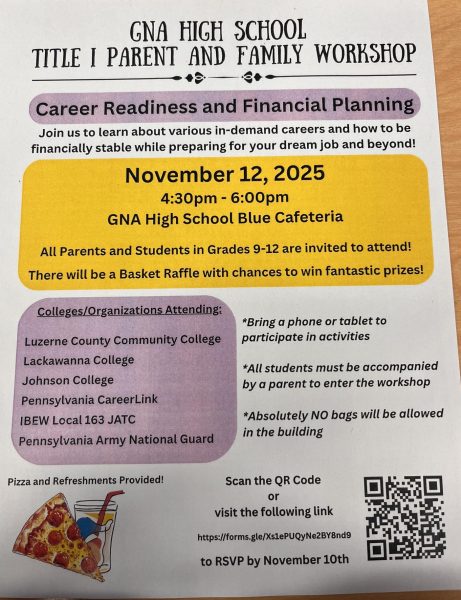
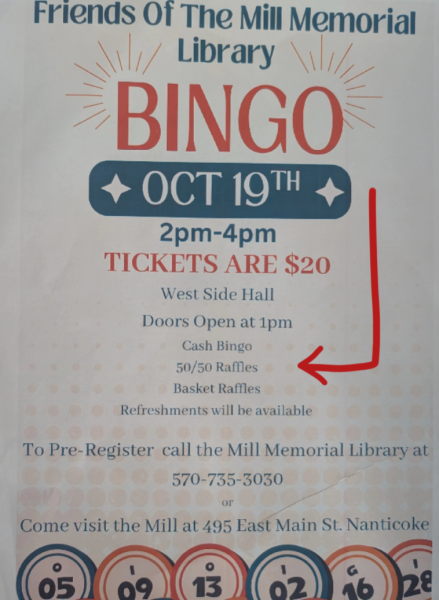

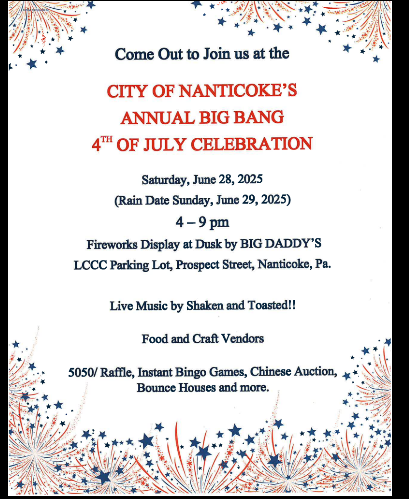
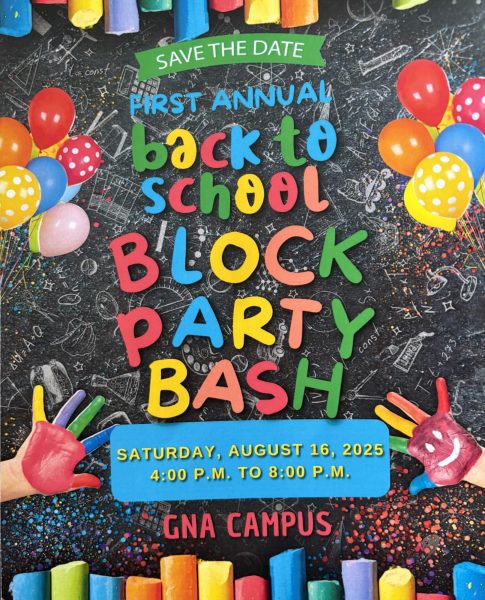
Amber Hyder • Mar 13, 2019 at 5:42 pm
CONGRATULATIONS!!! You guys are rock stars!!!
Chip Beall • Mar 11, 2019 at 8:35 pm
Dear Gabe:
Congratulations to Greater Nanticoke High School for winning the Wyoming Area tournament. This accomplishment qualifies your team for participation at the 37th annual National Academic Championship. You may choose to compete at one of these four venues: New Orleans, May 25-27 OR Washington, D.C., May 31 – June 2 OR Chicago, June 8-10 OR Orlando June 14-16.
Please see QUnlimited.com for all the details and team composition requirements, along with results from last year’s Nationals.
Yours very truly,
Chip Beall
Executive Director, National Academic Association